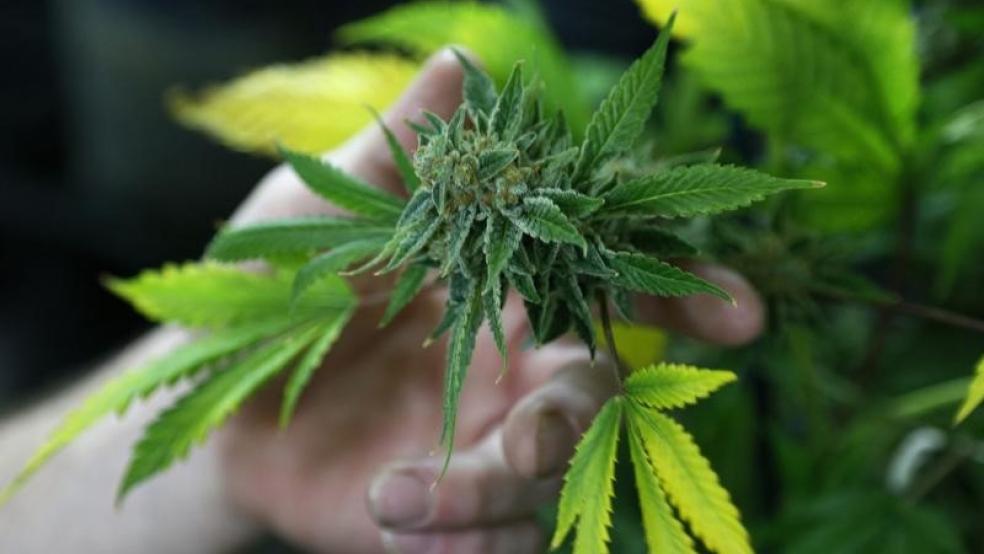July 8 is the first anniversary of legal recreational marijuana sales in Washington state. Folks who inhale aren't the only ones who will celebrate the one-year mark. So will the Evergreen State's treasurer.
For the 12 months that started July 8, 2014, with the opening of Washington's first legal pot store, sellers have conducted more than $257 million worth of business. As of July 1, those sales had generated more than $64 million in marijuana excise taxes, according to the Washington State Liquor Control Board, which oversees the marijuana industry.
Add in state and local sales tax and other tax projections, and Associated Press estimates put Washington's marijuana tax take for its first year of sales at around $70 million. That figure is substantially more than the $36 million in taxes that was predicted for the state's first year of sales.
Beating Colorado's collections
Washington's first-year marijuana tax take was much more than Colorado collected in the first year that recreational weed was legal there.
The Rocky Mountain State captured headlines, and lots of visitors, when on Jan. 1, 2014, it became the first state to legalize and tax small amounts of personal-use marijuana. During the next 12 months, Colorado collected $44 million in taxes from recreational weed sales.
Millions in potential pot tax dollars are one reason other states have legalized marijuana for recreational use even though it remains illegal under federal drug laws. Pot shops are expected to open and collect taxes in Oregon and Alaska in 2016.
Last November, Washington, D.C., residents overwhelmingly approved a ballot measure legalizing marijuana. However, Congress halted any regulation of marijuana sales or taxation in the nation's capital. That leaves pot grown by individuals for their own use as the only legal outlet.
Washington's revised pot tax
Meanwhile, across the country in Washington state, the marijuana tax structure changed July 1.
During the initial year of pot sales, Washington operated a three-tier excise tax system. A 25% tax was assessed to the producer, the processor and the retailer.
Under the new system, which is administered by the renamed Liquor and Cannabis Board (formerly the Liquor Control Board), there will be a 37% tax imposed on retail customers. It also means that pot sellers no longer have to count the tax as federal income (Washington has no state income tax), which was the case under the prior excise tax system.
Advocates of the change say it will reduce complicated, burdensome taxes assessed on multiple parts of the supply chain. They argue that it also should help legal cannabis businesses to compete more effectively with the black market.
And more legal and taxable sales should keep the Washington state tax collector happy.
This piece originally appeared on Bankrate.com.
Read more from Bankrate:




